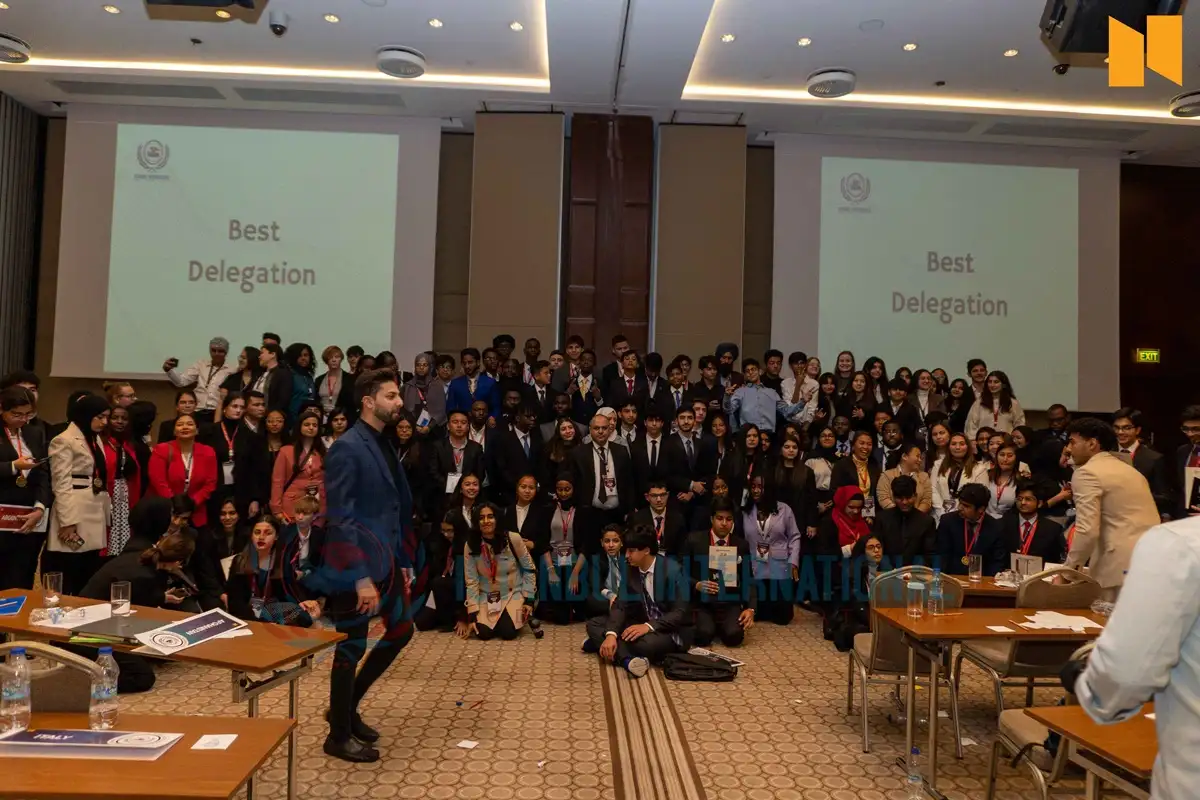
Neoterican Revolutionizing The Summit/MUN Industry: 30 Historical Figures With Visionary Leadership
Date: January 29, 2024
Blog

More To Explore
Revolutionizing Communication: Essential Practices for Influential Leadership
Not only did leaders like Martin Luther King and Nelson Mandela speak the truth, but they also fostered a profound
How Can Visionary Leaders Positively Impact the World?
Change is hard to implement, whether it’s a small adjustment to behavior or a major overhaul of the social structure...

